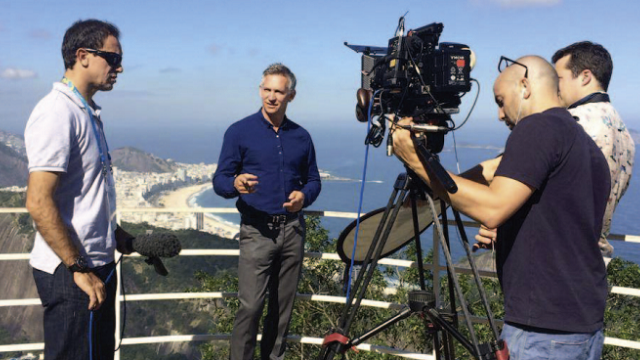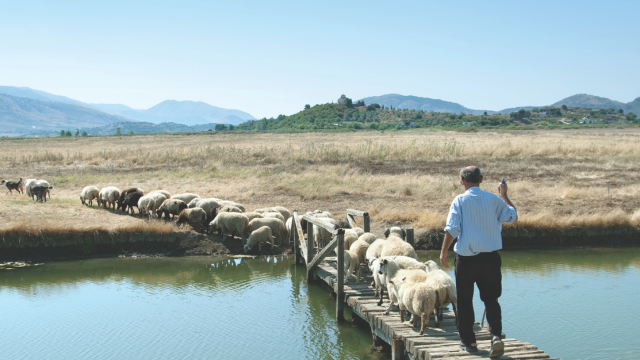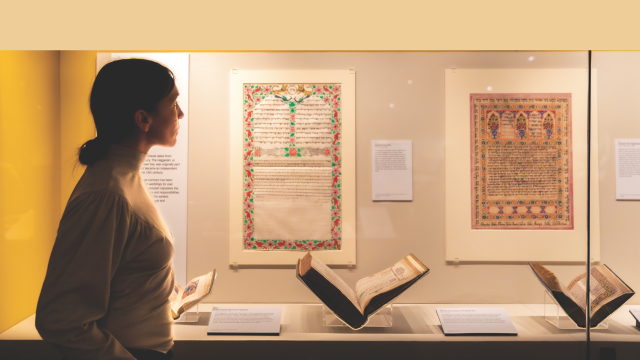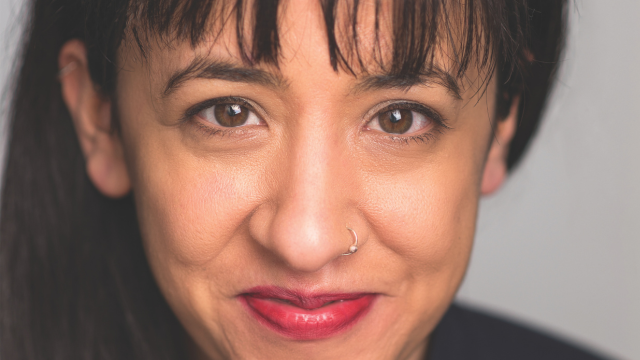-
QUALIFICATIONS
- For Linguists Worldwide
- For UK Public Services
- Preparation
- Policies & Regulation
-
MEMBERSHIP
- Join CIOL
- Membership grades
- NEW for Language Lovers
- Chartered Linguist
- Already a member?
- Professional conduct
- Business & Corporate Partners
-
ASSESSMENTS
- For Second Language Speakers
- English as a Second Language
-
EVENTS & TRAINING
- CPD, Webinars & Training
- CIOL Conference Season 2025
- Events & Networks
- CIOL Mentoring
-
NEWS & VOICES
- News & Voices
- CIOL eNews
- CIOL Awards
- The Linguist
- Jobs & Ads
-
RESOURCES
- For Translators & Interpreters
- For Universities & Students
- Standards & Norms
- CIOL & AI
- All Party Parliamentary Group
- In the UK
- UK Public Services
- Find-a-Linguist
Finding a fix
 When we hear about fixers for the media, it is often about supporting foreign journalists in conflict zones. However, another area of the media that makes extensive use of bilingual fixers is TV (and radio) coverage of sports events. This can represent a rich opportunity for work and memorable experiences for linguists – especially if, like me, you’re also a sports fan.
When we hear about fixers for the media, it is often about supporting foreign journalists in conflict zones. However, another area of the media that makes extensive use of bilingual fixers is TV (and radio) coverage of sports events. This can represent a rich opportunity for work and memorable experiences for linguists – especially if, like me, you’re also a sports fan.
A translator and interpreter by trade, I first worked as a fixer at the 2013 Fifa Confederations Cup in Brazil – a warm-up tournament for the following year’s World Cup. I approached BBC Sport to pitch for interpreting work, which I thought they may need at the World Cup. In fact, what they really needed were fixers who could “look after a team, using local knowledge and language skills to resolve practical and logistical issues to allow the ‘talent’ to concentrate on their job”.
I was assigned to their lead commentary team and contracted to provide fixers for the other four commentary and film crews sent to cover the tournament. This was my dream assignment: working in Brazil (where I had lived for 14 years) alongside former international footballers and well-known TV broadcasters, being paid to look after this team, and watching and talking about football all day! This introduction to fixing was an important lesson in understanding what it takes to be a good fixer.
I became the BBC’s lead fixer for the 2014 World Cup in Brazil and 2016 Rio Olympics, providing teams of roughly a dozen fixers, plus runners and drivers, to support their broadcast operations. I performed a similar role for Channel 4 at the 2016 Paralympic Games, worked at the 2018 World Cup in Russia, and continue to project manage fixer teams for production companies at events including the World Boxing Super Series.
So what does a fixer actually do? It is a combination of being a guide, translator and planner (and in some instances, a nanny too). Good language skills and local knowledge are essential, as interacting with locals is the core function of the job – whether making arrangements with drivers, ensuring smooth airport check-ins, setting up interviews or film shoots, contacting authorities for film permits, or simply translating at restaurants so everyone is served the meal they want. In addition to language skills, there are other key attributes and skills – many of which are common to professional linguists:
Team player. A fixer works closely with others for long periods. If it’s an itinerant team, e.g. a TV commentary or roving film crew, you are living in each other’s pockets for weeks on end, often in a perpetual cycle of airport-hotel-stadium-airport. So interpersonal skills, such as being a good listener and communicator, are essential. You also need to understand the temperament of your teammates to sense when someone might need space, or might have ‘hit the wall’ after three weeks of flights and indistinct hotel rooms, and to judge different characters and appreciate how some (former professional footballers) may occasionally need their ego stroking to keep them happy!
But it’s not only on the road that these interpersonal skills are fundamental. At the 2016 Olympics, for example, BBC Sport had over 150 staff in Rio, and the whole operation was dependent on the team of local minibus drivers I had assembled. I coordinated the drivers, whose schedules would change from hour to hour depending on the progress of the British athletes at various venues. This interaction required a great deal of sensitivity and cultural mediation to bridge the gap between BBC management’s expectations and local drivers’ ideas about how their work needed to be organised. Knowing how to treat these different characters was vital to keeping the drivers happy and willing – which was crucial to the whole operation.
Problem solver. Unforeseen problems are inevitable, especially when covering live events. You must think on your feet and solve problems without causing concern and distracting other team members from their jobs. Being resourceful and confident are key traits in this regard – characteristics common among linguists. Solving problems for clients is part of our remit, whether it’s to turn a protected pdf into editable format, or going above and beyond to find solutions to tricky translation puzzles.
Networker. Local contacts are key to fixing in the media, and time is always of the essence in broadcasting. The wider your net, the more likely you are to find the person you need in a timely manner. For our ‘big’ jobs in Brazil, we used private Facebook and WhatsApp groups to pool information and contacts among the fixer team to find whatever and whoever was needed as quickly as possible.
These demands would range from finding local drone operators and sourcing catering supplies to seeking a Copacabana quiosque (beach bar) that could serve as an on-the-ground studio and finding interesting subjects for features, such as capoeira groups, parkour athletes, hang gliders, surfers and skaters.
Crisis manager. Fixers need to keep calm and focused, even when the world seems to be falling apart around them! This is a skill you may not even know you have until it is put to the test. I recall a situation in Volgograd, Russia at the 2018 World Cup where I had to solve a passport issue for the talent on my team. The information on his entry card had faded and looked completely blank. Hotels and airlines would not accept his passport and allow him to check in without this information. For a few hours it looked like he might be in trouble, and I had to keep assuring him that everything would be fine (although I wasn’t entirely sure it would be). I managed to resolve the situation at the local police station/FSB office, which was like being transported back in time to the Soviet Union!
Proactive mindset. Planning in advance is key to a smooth fixing operation. You will plan and arrange all logistics well in advance, complete check-ins online for the whole team ahead of flights, research destinations and make sure potential shoot locations, venues and restaurants will be accessible at the time your team arrives. And without being prompted by the team to do so. The best problem solver is the one who foresees and avoids the problem in the first place, without the rest of the team even knowing about it.
So how do you find work as a fixer in the media?
My advice would be to identify events in a relevant country that are likely to be broadcast by television or radio, and where you might be able to fill a fixer role. Contact broadcasters, producers and even local support agencies (there are some) that may be covering the event. Proving your language skills, local knowledge and contacts to the client will be crucial, and if you mention the skills described above then that will certainly enhance your chances. Happy fixing!
Filter by category
More
The Chartered Institute of Linguists (CIOL), Incorporated by Royal Charter, Registered in England and Wales Number RC 000808 and the IoL Educational Trust (IoLET), trading as CIOL Qualifications, Company limited by Guarantee, Registered in England and Wales Number 04297497 and Registered Charity Number 1090263. CIOL is a not-for-profit organisation.








